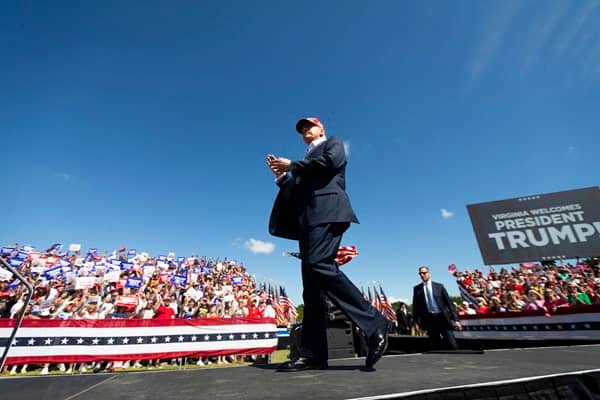Following the inauguration of President-elect Donald Trump on Monday, several protectionist measures are anticipated and they could significantly affect Latin American countries.
Among these, the imposition of a 10 % tariff on all US imports and a 60% tariff on Chinese products could have widespread repercussions on regional economies.
While the precise outcomes remain uncertain, they are likely to mirror the effects seen during Trump’s first term, when similar tariffs were applied.
At that time, US imports shifted to countries like Mexico. These new tariffs are expected to raise costs for U.S. consumers and potentially disrupt supply chains involving Latin American countries.
Another policy likely to have an impact on Latin American countries is the proposed mass deportation of immigrants and the taxation of remittances.
These measures could have profound economic impacts on Latin American countries, especially those that rely heavily on remittances as a source of foreign currency.
For Mexico, remittances play a crucial role in the economy and any significant reduction could affect economic stability and growth. Similarly, mass deportations could lead to increased unemployment and social challenges in countries like Guatemala.
The various measures anticipated from Trump’s administration are likely to impact the Latin American economies in different ways. For instance, the intention to renegotiate trade agreements, such as the United States-Mexico-Canada Agreement (USMCA), could introduce uncertainty into the region’s trade relations. Potential changes to the rules of origin or other components of the agreements could negatively impact Latin American exports, particularly Mexico.
The imposition of additional tariffs on imported products, especially those from Mexico, is another significant factor to consider. In Mexico’s case, the threat of a 25% tax on exports to the US, if migratory flows and drug trafficking are not controlled, poses a significant risk to its economy. This measure could seriously exacerbate Mexico’s economic vulnerabilities, affecting key sectors including the automobile and agri-food industries. Moreover, the classification of Mexican cartels as terrorist organizations could lead to the imposition of economic sanctions. These measures could isolate the affected nations from global trade and investment opportunities. As of consequence, existing economic challenges could be exacerbated, further straining economic growth.





Leave a Comment